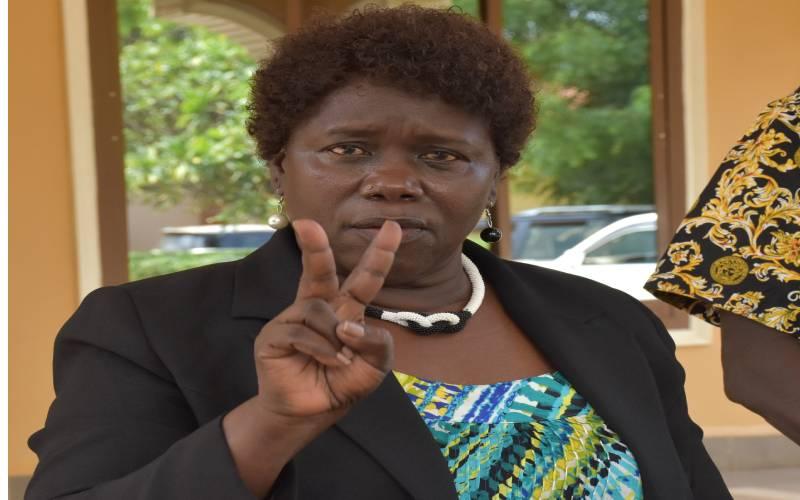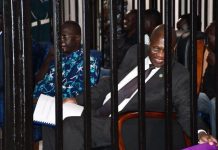Africa-Press – South-Sudan. A South Sudanese lawmaker at the East African Legislative Assembly has called on the country to start strategizing on how to win the speaker position at the regional parliament come 2027.
Four South Sudanese EALA MPs expressed interest in running for the same post, only for one to withdraw and let the Burundian candidate sail through with no opposition.
Gai Deng Deng, Gideon Gatpan, and Kennedy Mukulia withdrew from the campaign, claiming that Juba had fronted Anne Itto as the candidate for South Sudan.
Despite having President Salva Kiir’s support, Itto dropped out of the race at the last minute, claiming that “Burundi had joined the community before South Sudan and that the decision had been made to keep harmony and win Burundi’s support for South Sudan in the 2027 Speakers election.”
Thus, Gai Deng Nhial, who is serving at the regional assembly for a second term, says South Sudan must start preparing to mount a strong challenge to clinch the seat in the coming election.
“If we talk about rotation in 2027, we will be next, as will DRC, so we need to prepare if we want to take that position,” Nhial said.
“We actually want to vie for the speakership, for which we are eligible, but we need to prepare because it is not just a question of “bringing someone,” he added.
Long wait continues
Since joining the EAC in 2016, South Sudan has held no position at the top of the organization’s leadership. Currently, the nation has the position of deputy secretary-general up for grabs. But according to Nhial, if its leaders accept the post, they will lose the chance to compete for a higher one, stressing the importance of strategic planning.
The summit appointed a deputy secretary-general for a three-year term that is renewable once. Except for the country where the secretary-general is from, each country will have one deputy secretary-general.
Additionally, the different partner states alternately appoint the secretary-general and chairman of the organization. The relevant heads of state have selected five secretaries general, two of whom are from Kenya, and each from Uganda, Tanzania, Rwanda, and Burundi.
Peter Mathuki, the current Secretary General, is a Kenyan and was appointed on March 2, 2021. When his tenure ends in 2026, the office will be vacant. But for Nhial, South Sudan appears to be unsure of whether to accept the position of deputy secretary-general or wait for that of secretary-general.
“So these are things the leadership has to assess, evaluate, look at the parameters, and talk to your partner states because everything is about negotiation.”
“You don’t have anything secured when you are dealing with politics.” “You have to prepare even at the last minute or you might not get what you are looking for, so it is all preparation, all collaboration, all corporation, and it is all building linkages and keeping them up,” he added.
“As per the treaty, we are supposed to have an equitable share of benefits, and that means representation, which means having senior positions within the community.”
“Burundi lately has quite a number of senior positions that they have already represented; in South Sudan, we don’t have any,” he said.
For More News And Analysis About South-Sudan Follow Africa-Press






